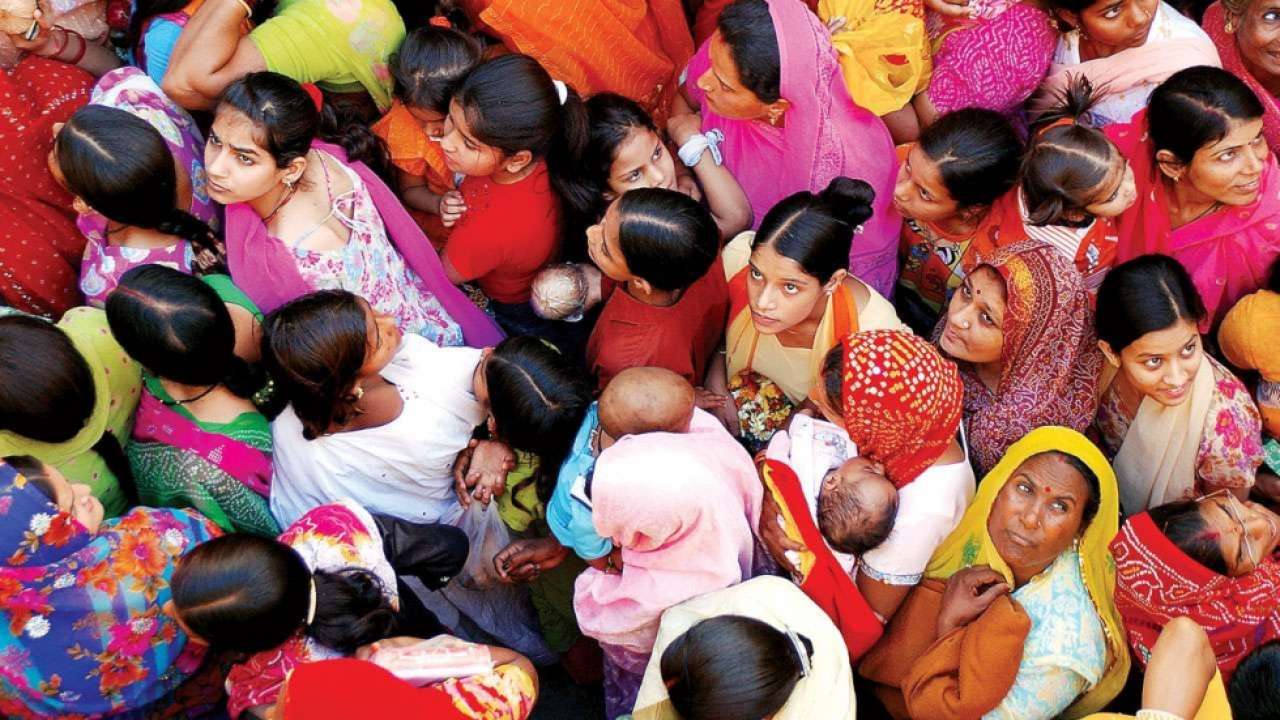
COVID-19 has brought out what is well-known: vulnerable sections of society, particularly women, in India or for that matter anywhere are not a homogeneous category. The impact of the pandemic has been highly skewed and has added new strains to the existing challenges faced by women. The pandemic has reduced access to essential health services, increased cases of violence against women, or adversely impacted their economic security, while at the same time increased their workload and exposed them to negative health consequences. The events of the past year have negatively impacted their mental, social, financial, and sexual and reproductive health.
Evidence from past epidemics, like Ebola and Zika, showed that the diversion of health resources to respond to the pandemic restricted women’s already limited access to health services, including contraception, and therefore put women and girls at the risk of unintended pregnancies, maternal health risks, unsafe abortions and sexually-transmitted illnesses (STIs). Similar experiences were observed as a consequence of the COVID-19 pandemic. The lack of agency among women to exercise their reproductive choices, inadequate access to health services and regressive social norms, which often prevent women from accessing and negotiating contraception have existed before COVID-19, however, the problems were exacerbated as a result of the pandemic. During the lockdown, many family planning clinics either shut down or were converted into COVID-19 wards to deliver pandemic-related services. Restrictions on mobility during the lockdown also reduced access. This had a ripple effect in rural areas and several regions that have not been visited by any ANMsanganwadi workers or ASHAs. In addition, outreach programmes such as Village Health, Sanitation and Nutrition Days (VHSND) and health facilities were restricted during the lockdown. The lifting of the lockdown and a slow easing of restrictions have lowered barriers for access, but the situation is far from normal.
The unmet need for family planning services is already high in India and this disruption could have far-reaching consequences. Projections suggest that 26 MILLION couples in India will have no access to contraceptives. The inability to access contraceptives during the lockdown is likely to result in an additional 2.4 MILLION unintended pregnanciesin India. Close to 2 MILLION Indian women will be unable to access abortion services in the near term due to COVID-19.
Emergency situations such as COVID-19 require the health system to reorganise service delivery and prioritise the differential needs of vulnerable populations. A comprehensive, gender-inclusive health systems response to address family planning service provision during emergency situations is need of the hour in order to avoid unwanted pregnancies and prevent additional maternal and reproductive mortality and morbidity. Health system responses should include the uninterrupted provision of family planning supplies and services and greater involvement of for-profit and not-for-profit entities for service provision. Alternate models for outreach services such as the use of technology (telemedicine services and virtual appointments) should be explored.
Frontline workers often represent the first and only point of contact with the public health system for rural women. It is imperative that we invest resources in strengthening, training and empowering frontline workers to serve Indian women during the pandemic and going ahead. Responsive health systems should focus on the pandemic but also ensure that people’s faith in the system is maintained by continuing to provide routine health services. Finally, to respond to the long-term consequences of COVID-19 as well as prepare ourselves for similar situations in the future, we must emphasize health education and awareness building through effective social and behaviour change communication strategies.
Senior Manager, Knowledge Management and Partnerships at Population Foundation of India
(Disclaimer: The views expressed above are the author's own and do not reflect those of DNA.)